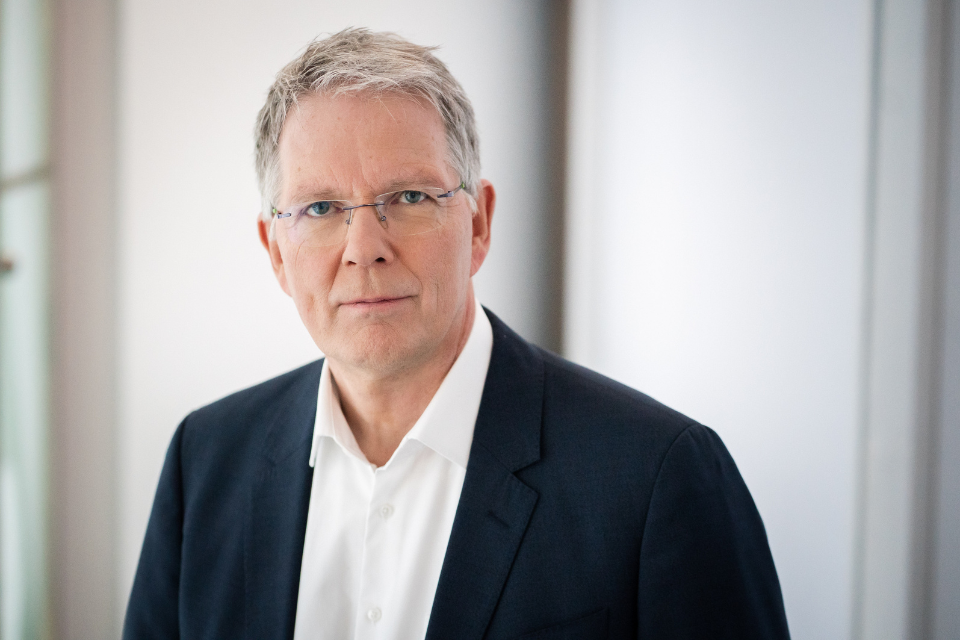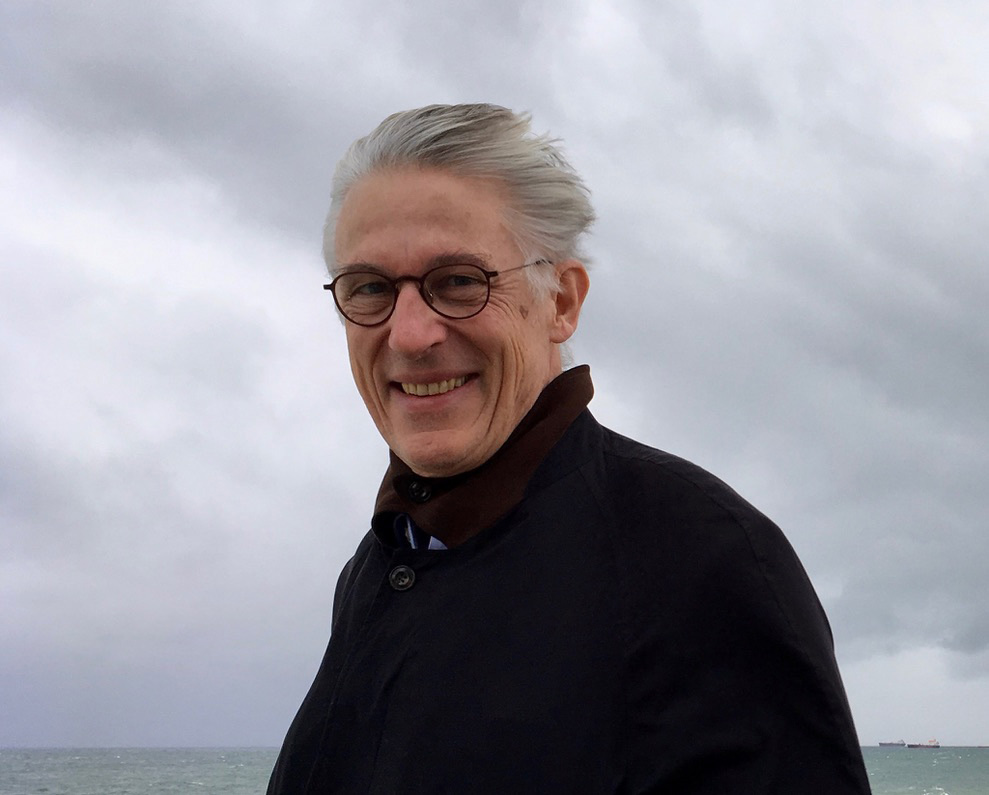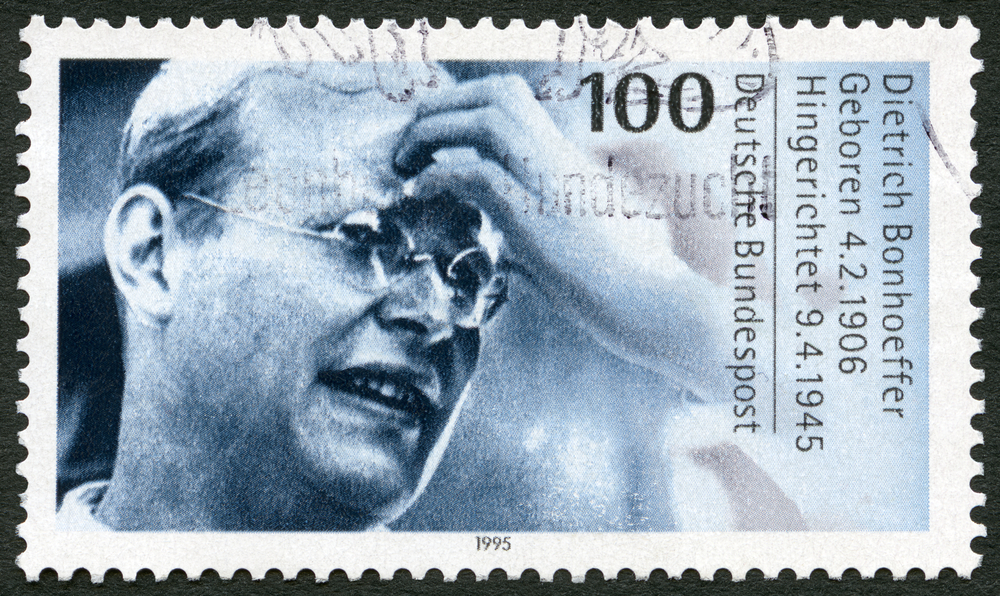Bonhoeffer and the German Resistance to Fascism – Lessons for Today
About the Event
Dietrich Bonhoeffer (1906-1945), a German theologian and opponent of the Nazi regime was executed by the Nazis shortly before the end of WWII. A brilliant thinker and writer, he became famous after his death. In the last decade, Christian nationalists and right-wing evangelicals have reinterpreted his legacy, portraying him as a solitary saint and instrumentalising his persona for their own ends. This has sparked a fierce debate, especially in the context of the campaign for the recent feature film “Bonhoeffer. Pastor, Spy, Assassin”. In this webinar, experts and family members discussed what Bonhoeffer’s work and his historical role in a collective endeavour, and its current appropriations and distortions can teach us – about authoritarian strategies and human images, and about the concept of resistance.
About the Speakers

Arnd Henze, German television journalist at WDR, writer, and Protestant theologian. He has worked as a foreign policy editor and reporter for German public television, has traveled to numerous conflict zones, and produced several award-winning documentaries. Henze is also an appointed member of the 13th general synod of the Protestant Church in Germany and gives lectures and participates in social-ethical debates on topics such as war and peace, climate protection, democracy, and anti-Semitism. Henze has written and spoken widely about Bonhoeffer and the role of the church in democracy. His 2019 book on the church and democracy, Kann Kirche Demokratie? Wir Protestanten im Stresstest, deals with the anti-democratic legacy of Protestantism and its current susceptibilities to authoritarian temptations. Following a series of talks in New York, Washington, and Yale on “Weaponizing Bonhoeffer” he initiated a broadly discussed transatlantic Op-Ed of Bonhoeffer scholars and Church leaders against the distortion and misuse of Bonhoeffer by Christian Nationalists.
 Ruggero Schleicher-Tappeser, born 1952, writes on relationships between Technology, Society and Nature. As a grandson of Ursula Schleicher, Dietrich Bonhoeffer’s sister, and Rüdiger Schleicher, who was also executed as a resistant against the Nazis, he co-initiated a statement of the Bonhoeffer family against the misuse of Dietrich Bonhoeffer’s legacy by the far right, especially in the last US election. Earlier last year, he also co-initiated a widely published statement of German resistance descendants against the misuse of the resistance legacy by the far right in Germany. Ruggero grew up in Italy and studied physics in Switzerland. In the seventies, he organised the international press campaign in the Baby Bottle case against Nestlé and joined the environmental movement. For five decades he worked as a journalist, consultant, researcher, diplomat and entrepreneur in various European countries, focusing on energy, transport, climate and innovation policy. A strong commitment to sustainability, human rights and historical perspective keeps him active.
Ruggero Schleicher-Tappeser, born 1952, writes on relationships between Technology, Society and Nature. As a grandson of Ursula Schleicher, Dietrich Bonhoeffer’s sister, and Rüdiger Schleicher, who was also executed as a resistant against the Nazis, he co-initiated a statement of the Bonhoeffer family against the misuse of Dietrich Bonhoeffer’s legacy by the far right, especially in the last US election. Earlier last year, he also co-initiated a widely published statement of German resistance descendants against the misuse of the resistance legacy by the far right in Germany. Ruggero grew up in Italy and studied physics in Switzerland. In the seventies, he organised the international press campaign in the Baby Bottle case against Nestlé and joined the environmental movement. For five decades he worked as a journalist, consultant, researcher, diplomat and entrepreneur in various European countries, focusing on energy, transport, climate and innovation policy. A strong commitment to sustainability, human rights and historical perspective keeps him active.
